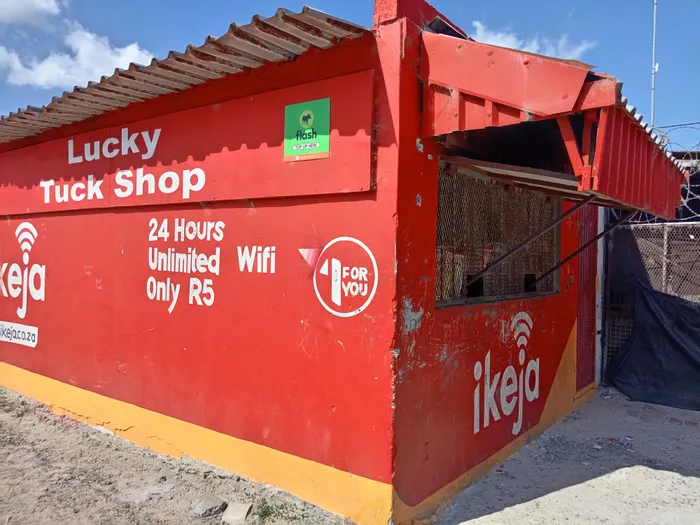
Most township businesses in South Africa remain unregistered, leaving them excluded from access to finance,
Image: File
The value of the township economy is estimated at R1 trillion a year, but a new survey finds that nearly 80% of township businesses are unregistered, which excludes them from access to finance, formal markets and digital tools, that could enable them to grow.
According to Statistics South Africa (Stats SA), unregistered businesses are those that operate outside formal regulatory frameworks, including VAT registration, labour regulations, and tax compliance.
Stats SA finds that the informal township economy accounted for nearly 19.5% of total employment in the last quarter of 2024. For scale, South Africa’s nominal GDP in 2024 was R7.3trln.
A survey by Standard Bank conducted across Gauteng, KwaZulu-Natal, Western Cape, Limpopo and North-West, in townships that include Meadowlands, Cosmo City, Langa, Khayelitsha, Lebowakgomo, Phoenix, among others, showed that these entrepreneurs often face up to 20 similar businesses per community, which squeezes their margins.
Fewer than 9% have access to bank loans, with most relying on personal savings or family support. While cash remains dominant, more than 56% prefer EFT or bank transfers, indicating readiness for safer digital payments.
The survey by Africa’s biggest bank by assets, covered enterprises with annual turnovers ranging from R100,000 to R50 million, and which employed some 7500 people.
“This report highlights the importance of market access, access to funding and digital enablement. With the right partnerships, township SMEs can move from survival to scale,” said Standard Bank Group Head of Business and Commercial Banking Simone Cooper in a statement.
Other findings indicate that 49% of businesses operate from homes or garages, with only 11% in commercial premises.
Township businesses also play a key role in local supply chains, with many contributing through sponsorships and youth initiatives.
Small businesses had found a gap in almost every economic sector and supplied markets that big businesses could not reach. However, township informal businesses often target and operate in saturated markets, driven by low barriers to entry, leading to intense price competition.
“This results in thin profit margins, especially in sectors like fast food and groceries. Without scale or differentiation, many businesses struggle to grow beyond subsistence levels,” the survey authors said.
Standard Bank commissioned the survey to help see that its SME offerings respond to the realities of township entrepreneurs, while the insights would also help inform the bank’s collaborations with partners in government, corporates and development agencies – strengthening collective efforts to unlock growth in the township economy.
While a small percentage of the surveyed businesses earned over R1m annually, the majority fell within the R100 000 to R500 000 range.
“This variation reflects the diverse nature of the informal economy, encompassing everything from micro-enterprises to more established small businesses. Even though some SMEs seem to make a considerable income, it is eroded by operating costs such as buying materials, transportation of goods from suppliers and to clients."
The average entrepreneur was between 35 and 54 years old. Township businesses surveyed spanned a range of sectors, with retail, transport, and hospitality the most dominant. Despite the stress of self-employment, informal gatherings at taverns, car washes, and shisanyamas offered vital moments of connection and support, helping entrepreneurs combat isolation and maintain emotional well-being.
Younger SMEs and those with professional backgrounds often demonstrated a competitive edge, bringing innovation and strategic thinking to their operations. They avoid early struggles by knowing how to research and access resources, having startup capital in some cases, and taking risks to make the business “more exciting.” However, they still face common challenges, including high price sensitivity and stock transportation difficulties.
South African SMEs tended to be traditional and reactive, prioritising immediate needs. In contrast, foreign-owned businesses often displayed an agile and customer-centric approach, embracing innovation and leveraging strong support networks.
The Standard Bank South Africa Trade Barometer showed that small businesses struggled with access to credit, citing poor credit histories (39%) and lack of collateral (25%) as major obstacles. Despite improvements in digital banking, many SMEs still prefered cash due to convenience and control.
BUSINESS REPORT